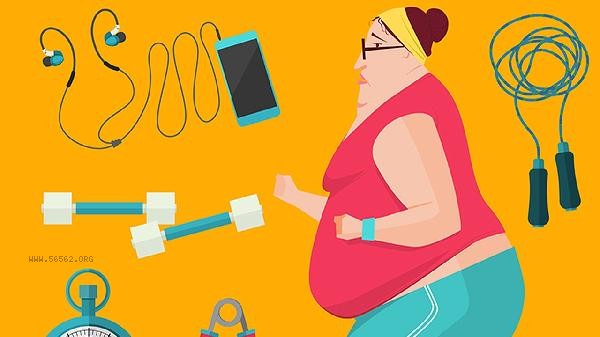Eating a steamed egg with meals every day can help with weight loss, but it needs to be combined with overall dietary structure and exercise habits. Steamed eggs have lower calories and are rich in high-quality protein, which can enhance satiety, but a single food cannot directly cause weight loss. As a low-fat and high protein food, steamed eggs contain about 70-90 calories per serving, with a protein content of nearly 6 grams. They have a slower digestion and absorption rate, which can reduce snack intake between meals. Its production process does not require the addition of oil, reducing fat intake compared to fried eggs, making it suitable as a protein source during weight loss. However, it is important to control the amount of soy sauce and other seasonings used to avoid excessive sodium intake that can cause edema. Eating with green leafy vegetables or mixed grains of rice can further increase dietary fiber intake and prolong satiety time.

If steamed eggs replace high calorie dishes such as Braised pork belly or fried food, it can really create a heat gap. However, relying solely on steamed eggs without changing other dietary structures, or maintaining a high sugar and high-fat diet, is difficult to achieve weight loss effects. Some people may have egg allergies or abnormal cholesterol metabolism, and the frequency of consumption needs to be adjusted based on the results of physical examination. Elderly people and those with weak digestive function should pay attention to controlling their single consumption to avoid gastrointestinal burden.

It is recommended to include steamed eggs in a balanced diet plan, combined with aerobic exercise such as brisk walking or swimming for at least 30 minutes per day. During weight loss, it is necessary to ensure that you drink more than 1500 milliliters of water per day, sleep for at least 7 hours, and regularly monitor changes in body fat percentage. If there is no continuous change in weight, you can consult a nutritionist to adjust the ratio of protein to carbohydrates, and if necessary, perform metabolic function tests.










Comments (0)
Leave a Comment
No comments yet
Be the first to share your thoughts!